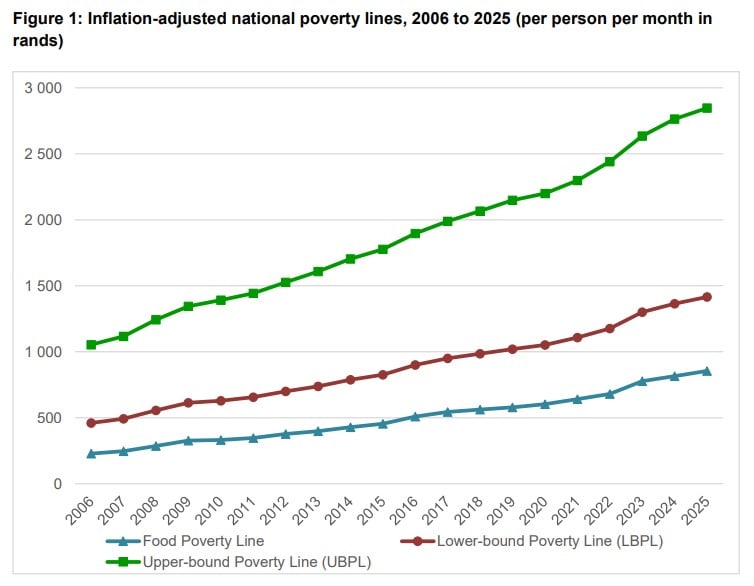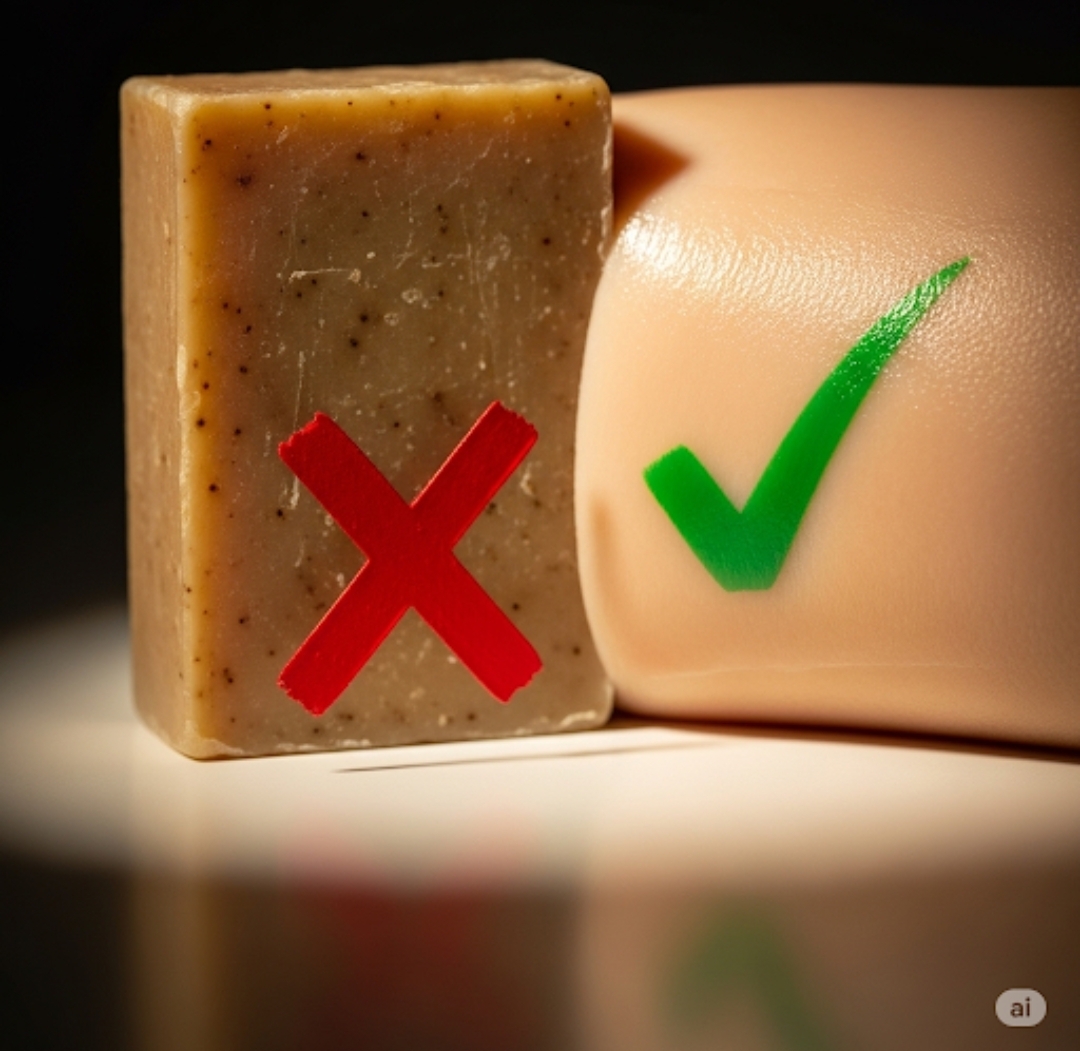Stop Using These Common Soaps — They’re Secretly Causing Skin Discoloration
Do you have dark spots on your face, neck, underarms, or inner thighs?
You may think it’s sunburn, hormones, or “just your skin”…
But in many cases, the real cause is your soap.
Some popular soaps in Nigeria and across Africa contain hidden chemicals that may bleach, burn, or gradually damage your skin — especially on sensitive areas.
4 Ways Soap Can Damage and Discolor Your Skin:
1. Harsh Chemicals Like Hydroquinone & Mercury
These ingredients are often found in “whitening” or “toning” soaps.
At first, your skin looks brighter — but over time:
-
It thins the skin
-
Causes green veins, stretch marks
-
Leads to patches, burns, and permanent discoloration
Hydroquinone is banned in many countries for a reason — but it’s still found in many over-the-counter African soaps.
2. Too Much Fragrance and Artificial Color
That soap that smells like a fruit cocktail or perfume?
Behind that nice scent may be alcohols and chemical dyes that:
-
Irritate sensitive skin
-
Trigger eczema or contact dermatitis
-
Lead to darker underarms, bikini lines, and elbows
3. Extreme “Anti-Bacterial” Soaps
These soaps are very drying. They strip your skin’s natural oils, making it prone to:
-
Ashiness and uneven tone
-
Micro-cracks in the skin
-
Worsened acne or blackheads
4. Strong Homemade or Market Soaps
Many locally made soaps sold in buckets or nylons contain unmeasured chemicals and are not regulated.
Yes, they may contain “herbs” or “lighteners,” but:
If the soap makes your skin burn, peel, or smell like bleach — it’s not safe!
What Should You Use Instead?
Look for soaps that are:
✅ Fragrance-free or mildly scented
✅ Made with natural ingredients like:
-
Black seed
-
Turmeric
-
Aloe vera
-
Goat milk
✅ pH-balanced and dermatologically tested
✅ Contain no mercury, hydroquinone, or steroids
Popular Safer Soap Options (Non-sponsored):
-
Dudu Osun Black Soap (genuine one)
-
Shea Moisture African Black Soap
-
Dr. Teal’s Oatmeal Bar
-
QEI+ Harmonie Carrot Soap (mild version)
-
Aveeno Gentle Cleansing Bar (for sensitive skin)
Always test new soap on a small patch before using fully.
Bonus: How to Know a Soap is Harming You
-
You feel tightness or itching after bathing
-
You notice darker skin folds (neck, underarms, between thighs)
-
You develop burns or peeling
-
Your natural complexion fades or becomes patchy
Final Word:
Your skin is not dirty — it’s reacting to what you’re using.
No soap should make you ashamed of your reflection.
Sometimes, the key to glowing skin isn’t more cream — it’s simply changing your soap.
Share this with anyone battling rashes, discoloration, or soap confusion.
You could save their skin.










